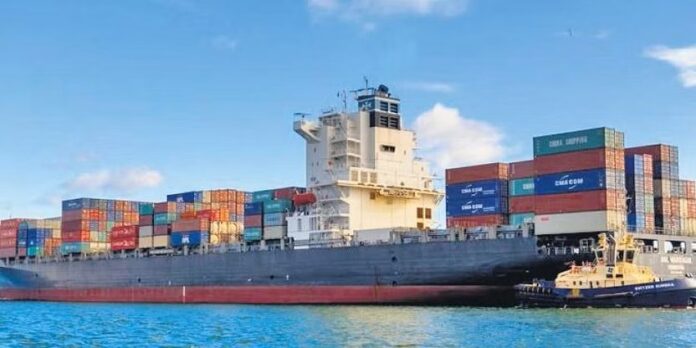NEW DELHI: The new Foreign Trade Policy will introduce an amnesty scheme for exporters to help them close old pending authorisations and start afresh.
The Amnesty scheme shall be available for a limited period, up to September 30, 2023, as per the FTP which will be effective from April 1.
In line with “Vivaad se Vishwaas” initiative, which sought to settle tax disputes amicably, the government is introducing a special one-time Amnesty Scheme under the FTP 2023 to address default on Export Obligations, according to the commerce ministry.
The scheme is intended to provide relief to exporters who have been unable to meet their obligations under Export Promotion Credit Guarantee (EPCG) and Advance Authorisations, and who are burdened by high duty and interest costs associated with pending cases.
“All pending cases of the default in meeting Export Obligation (EO) of authorisations mentioned can be regularised on payment of all customs duties that were exempted in proportion to unfulfilled EO. “The interest payable is capped at 100 per cent of these exempted duties under this scheme,” the ministry said.
However, no interest is payable on the portion of Additional Customs Duty and Special Additional Customs Duty. This is likely to provide relief to exporters as the interest burden will come down substantially.
The FTP also lays emphasis on streamlining the Special Chemicals, Organisms, Materials, Equipment and Technologies (SCOMET) procedure.
India is placing more emphasis on the “export control” regime as its integration with export control regime countries strengthens, the ministry said.
There is a wider outreach and understanding of SCOMET among stakeholders, and the policy regime is being made more robust to implement international treaties and agreements entered into by India, it added.
The ministry explained that a robust export control system in India would provide access to dual-use high-end goods and technologies to Indian exporters while facilitating exports of controlled items/technologies under SCOMET.
Under the new Foreign Trade Policy, the application fee is being reduced for Advance Authorisation and EPCG schemes. The move will benefit 55-60 per cent of exporters who are MSMEs.
The reduction in fee structures and IT-based schemes will make it easier for MSMEs and others to access export benefits, the ministry said.

